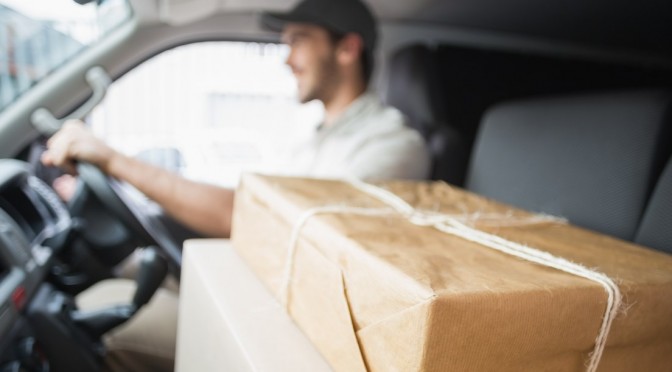Motor Trade Health and Safety Risks
Here's some of the main issues with health and safety in the motor trade. Address these effectively, and you are more likely to work in a safer environment for you and your customers.
- Computer use—Pain, discomfort and injury can arise from improper workstation habits. Evaluate workstations for a proper chair, desk and computer. Maintain proper posture and computer operating habits. Make sure staff have annual eye exams and allow routine breaks from the computer for office employees.
- Contact with hazardous substances—Common vehicle repair and maintenance substances such as engine oil, toxic exhaust fumes (e.g. carbon monoxide) and various cleaning chemicals carry dangerous risks. Prevent injuries and health concerns by:
- Training staff on proper substance storage and usage
- Requiring employees to wear PPE (e.g. gloves, goggles and masks)
- Ensuring staff members wash their hands and work clothes after handling hazardous substances
- Reporting any health problems or substance leaks.
- Controlling public access— Limit customer access to hazardous areas of your property, such as the garage or workshop. Put up signs to ban customers from dangerous areas and warn them of potential hazards. Encourage employees to stop anyone that enters the garage or workshop without permission.
- Electrical and fire hazards— Faulty electrical installations or equipment, overcharged batteries and contact with petrol pose a risk for fires and electrical hazards. Prevent electrical and fire related concerns by:
- Carrying out a fire risk assessment of your property
- Removing or mitigating fire risks
- Instructing staff members to check for potential fire or electrical hazards
- Training employees to safely use electrical devices
- Performing regular maintenance on electric installations
- Inspecting fire detection or mitigation systems (e.g. fire extinguisher and smoke alarms)
- Falling objects— In the event of a car lift or car jack failure, employees could suffer serious crush injuries from a falling vehicle or parts. Prevent falling object concerns by:
- Regularly inspecting car lifts and jacks
- Only using jacks on stable ground
- Not exceeding safe working loads
- Performing maintenance as necessary.
- Handling machinery—Vehicle repair and maintenance often requires mechanical equipment. Keep employees protected from machinery hazards:
- Offer proper personal protective equipment (PPE)—such as ear defenders and safety goggles
- Put in place machine guards
- Prohibit machinery from being left unattended
- Conduct routine machinery maintenance.
- Manual handling—Improperly handling and moving heavy objects or vehicles can cause injuries and back pain. Staff should never attempt to lift or push heavy objects. Instead, use a trolley to move heavy objects. Never allow employees to push a vehicle alone.
- Slips and trips— These are the number one work related accidents in the UK. Accidents can arise from liquid spills, unsafe stairs and irregular surfaces. Encourage staff to:
- Check for cracks or uneven surfaces in your property
- Promptly clean up any spills
- Place doormats in front of all entrances
- Keep the floor clean and polished
- Secure any leads or cables
- Be sure the property is well-lit
- Vehicle movements— Cars can injure and kill staff and customers if not attended to properly. Reduce these risks by only allowing qualified, licensed staff to move cars. Ask staff to park their personal vehicles in an area away from customer parking. Place speed limit signs on your property. If recovering vehicles,
- Working at height—Work duties may need staff to use a ladder to change lighting, or work at height on a vehicle. Be sure to certify staff before allowing ladder use. Click here to review the HSE’s guidelines for working at height. Inspect the ladder to ensure it’s safe for use. Never allow a staff member working at height to perform tasks alone.
- Working at the roadside—Recovering vehicles at the roadside is dangerous. With the reported number of near misses, injuries and fatalities on the rise, it's essential to follow HSE guidance and get proper training from an industry body, such as the Road Rescue Recovery Association (RRRA). Bollington supports the Slow Down or Move Over campaign, designed to educate drivers on the dangers of encountering accidents on the road.








